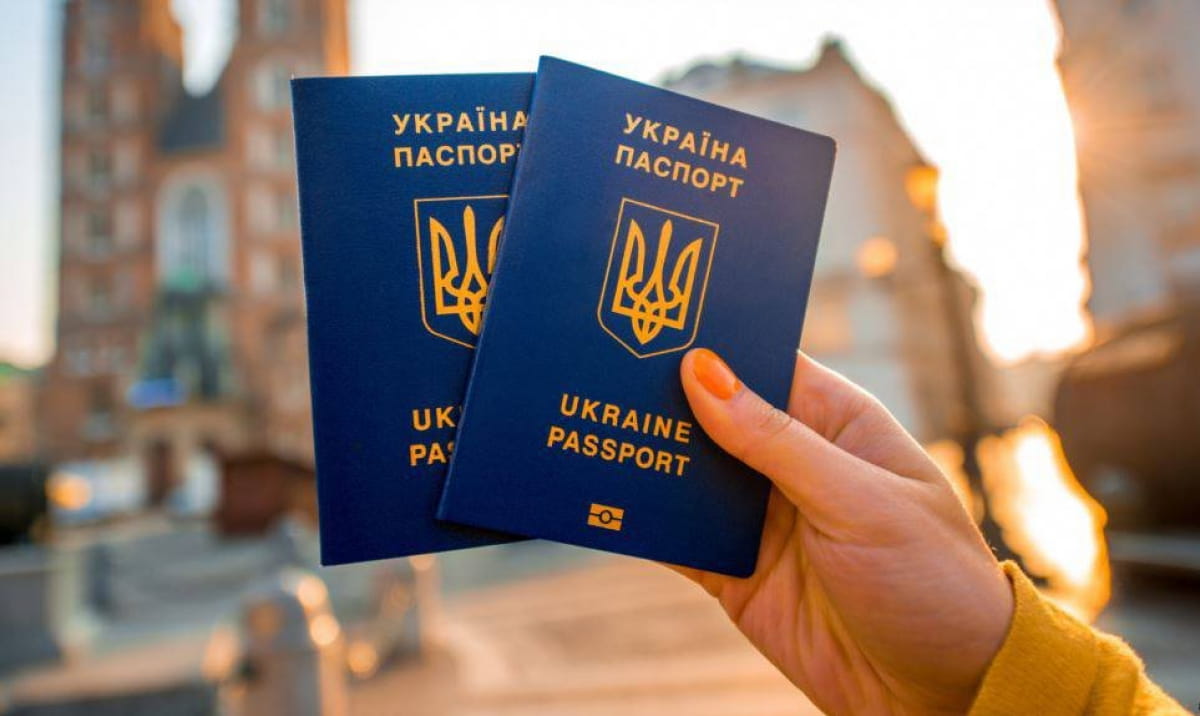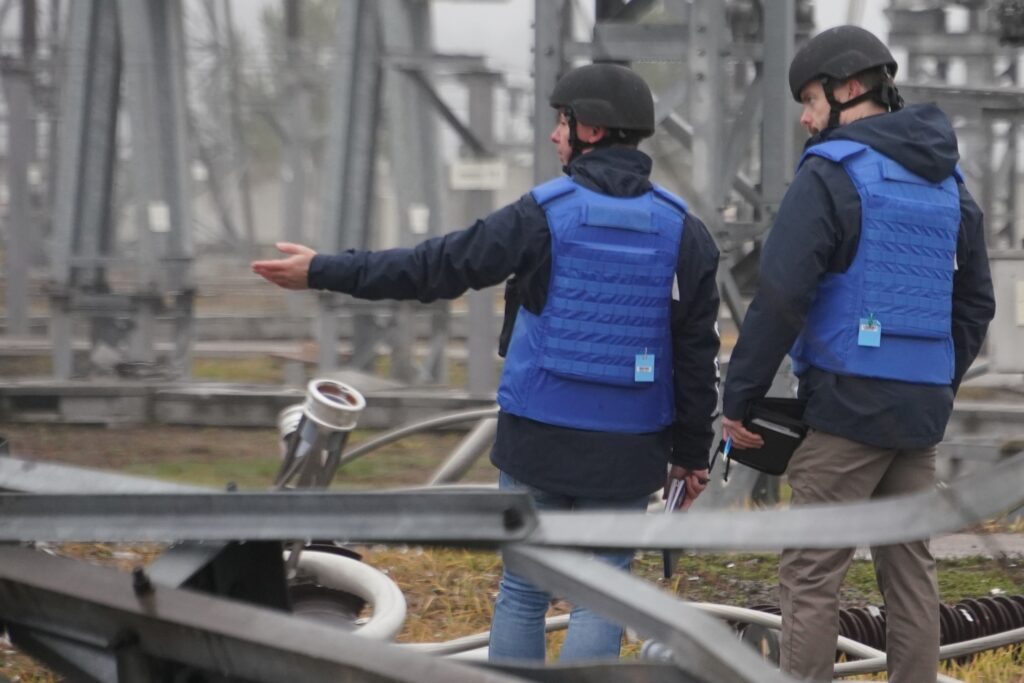Ukrainians allowed to have several passports: what else the new law changes
16 July 2025 17:36 ANALYSIS FROM
ANALYSIS FROM The Verkhovna Rada has adopted in the second reading and as a whole as a law the draft Law of Ukraine on Multiple Citizenship. That is, now a Ukrainian can have not only one single Ukrainian passport, but also an unlimited number of other foreign passports. They promise not to penalize for double, triple, etc. citizenship. For some foreigners the procedure for obtaining a Ukrainian passport is also simplified, but Ukrainians who have obtained a passport of the Russian Federation will have a hard time. The law is quite interesting and hides a lot of nuances – about it in the material "Komersant Ukrainian".
Key aspects of the adopted law № 11469, actually introducing the institution of multiple citizenship (nationality), which is understood as simultaneous belonging of a person to the citizenship (nationality) of two or more states, noted in the VR.
Multiple citizenship is recognized, in particular, in case a citizen of Ukraine acquires citizenship (nationality) of states, the list of which is determined by the Cabinet of Ministers, as well as in case of acquisition of Ukrainian citizenship by foreigners who are citizens (nationals) of these states. When determining such states, the government should take into account the state’s membership in the European Union, application of restrictive measures (sanctions) in connection with the armed aggression against Ukraine. As of today, there are already 11 countries that voted against the UN General Assembly Resolution “On the territorial integrity of Ukraine” of March 27, 2014 No. 68/262: Russia, Armenia, Belarus, Bolivia, Cuba, DPRK, Nicaragua, Sudan, Syria, Zimbabwe, Venezuela. In two months, the Cabinet of Ministers should prepare a list of countries whose citizens will be able to apply for Ukrainian citizenship.
Among the countries whose citizens can already apply for Ukrainian citizenship, the bill specifies: Austria, Belgium, Bulgaria, UK, Greece, Denmark, Estonia, Estonia, Ireland, Italy, Canada, Cyprus, Norway, Latvia, Lithuania, Luxembourg, Malta, the Netherlands, Germany, Poland, Portugal, Romania, Slovakia, Slovenia, Spain, Sweden, Switzerland, the United Kingdom, Hungary, Finland, France, Croatia, the Czech Republic, Sweden, Switzerland, Japan. Let’s see who the Cabinet of Ministers will add. To obtain Ukrainian citizenship, citizens from the list must fulfill all general conditions, in particular, pass exams in Ukrainian language and history. For foreigners and stateless persons who perform military service under contract, the period of continuous residence on the territory of Ukraine is one year of service, and the procedure of accession to citizenship is simplified.
However, as lawyers note, the law contains norms that contradict, in particular, the Constitution of Ukraine, and legal conflicts may arise.
Constitution against multiple citizenship
The institute of Ukrainian citizenship by its nature is constitutional-legal, so all questions on legalization of multiple citizenship should be resolved in the constitutional-legal plane, the Ministry of Justice insists.
Thus, Article 4 of the Constitution of Ukraine defines that “Ukraine has a single citizenship”. Part one of Article 25 states that a citizen of Ukraine may not be deprived of citizenship and the right to change citizenship. The principle of single citizenship enshrined in the Constitution is detailed in Article 2, paragraph 1 of the current Law of Ukraine “On Citizenship of Ukraine”: certain administrative-territorial units (Crimea and oblasts) may not have their own citizenship; if a citizen of Ukraine has acquired citizenship of another state, in legal relations with Ukraine he is recognized only as a citizen of Ukraine; if a foreigner has acquired citizenship of Ukraine, he is also recognized only as a citizen of Ukraine.
That is, given the current legislation, Ukraine does not recognize the legal consequences of dual citizenship, but does not prohibit multiple citizenship either. For the same reasons Ukraine has concluded international agreements on citizenship, the Ministry of Justice notes. The introduction of the institution of multiple citizenship under martial law will give rise to legal conflicts – regarding military service, taxation, diplomatic protection, loyalty to states, realization of suffrage, defense capacity of the state and the like.
Let’s say that multiple citizenship is possible only after amendments to the Constitution. But during martial law this cannot be done. However, the law says that amendments to the Constitution are not necessary – amendments to laws are enough. Article 4 of the Constitution says that the grounds for acquisition and termination of Ukrainian citizenship are determined by law, – comments lawyer Valentyn Serkov.
Given the powers of the Constitutional Court of Ukraine, enshrined in Article 147 and paragraph 2 of part one of Article 150 of the Constitution, the systemic settlement of these issues should be based on the official interpretation of Article 4. But the Constitutional Court has not yet made a decision – the last session on this issue was back in the spring of 2023. As of today, there is no quorum in the court. And in general, this issue has been under consideration by the CC since 2021, Serkov notes.
Problems with military duty and citizenship of the Russian Federation
Lawyers believe that there will be various kinds of conflicts. For example, on the fulfillment of military duty or diplomatic protection in the case of multiple citizenship. According to Article 3 of the Hague Convention of April 12, 1930, the state can not provide diplomatic protection to its citizens against another state, whose citizen they are also.
When staying in a third country, a person with the nationality of two or more countries is considered to have only one nationality. Often the determination of which one is to be determined only through a judicial procedure. In case a person has fulfilled his military duty in one of the countries of which he is a citizen, the question of his liability for evasion of service or for inadmissible service in a foreign army may arise, – says migration law lawyer Kristina Zhitnyak.
The European Convention of May 6, 1963 on the reduction of cases of multiple citizenship provides that persons with citizenship of several participating countries must perform military duty only in one of them. But Ukraine is not a party to this convention, as it rejected the very idea of dual citizenship.
At the same time, as the State Border Service reported, citizenship of another state does not deprive a person of Ukrainian citizenship. That is, such a person is recognized only as a citizen of Ukraine, and accordingly – subject to military duty. This means that the border in the presence of a second or third passport will be closed for men aged 18 to 60 years, if there are no legal grounds for departure.
Men of conscription age with dual citizenship are subject to military duty and are limited in the right to cross the border during martial law, – says the representative of the State Security Service of Ukraine Serhiy Koval.
However, as lawyers add, a foreign passport can help avoid street mobilization, because foreigners are not touched by police and TCC.
Another important point is the loss of Ukrainian citizenship by those who voluntarily acquired the citizenship of the aggressor state, i.e. Russia. This norm may affect those who obtained Russian passports in Crimea or other occupied territories. And it will be considered that a person voluntarily acquired the citizenship of the Russian Federation if he or she wrote an application for a passport. Although the process of passportization was forced. Formally, these people fall under the norm of “voluntariness” and may lose their Ukrainian citizenship, the Helsinki Human Rights Union notes.
Interestingly, the foreign minister unexpectedly stated that multiple citizenship will remain prohibited for civil servants and judges, although the adopted law does not separately distinguish them. This is another controversial statement. The only positive thing is that the law on multiple citizenship will come into force in six months from the date of its promulgation. There is time to wait for the decision of the Constitutional Court, as well as to write out the controversial points in other laws and regulations.
Author – Alla Dunina
Читайте нас у Telegram: головні новини коротко









